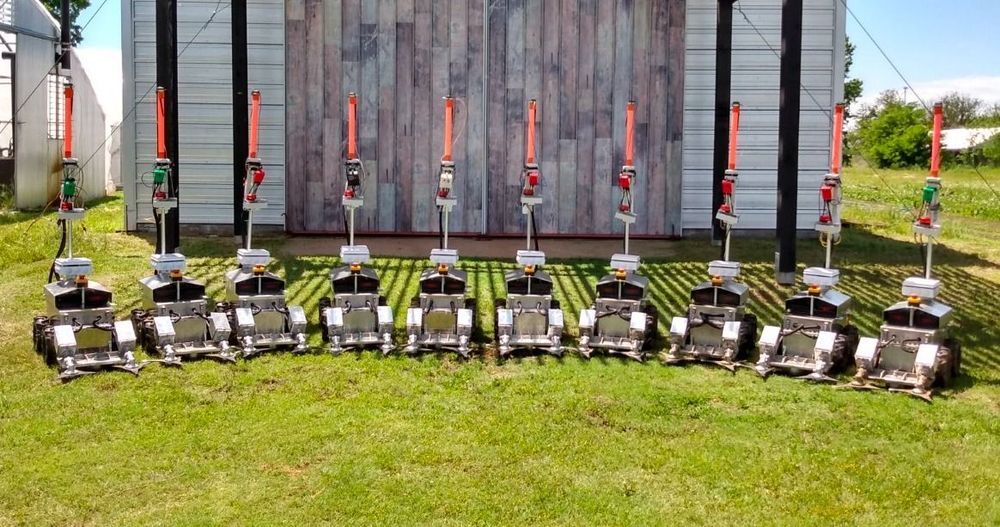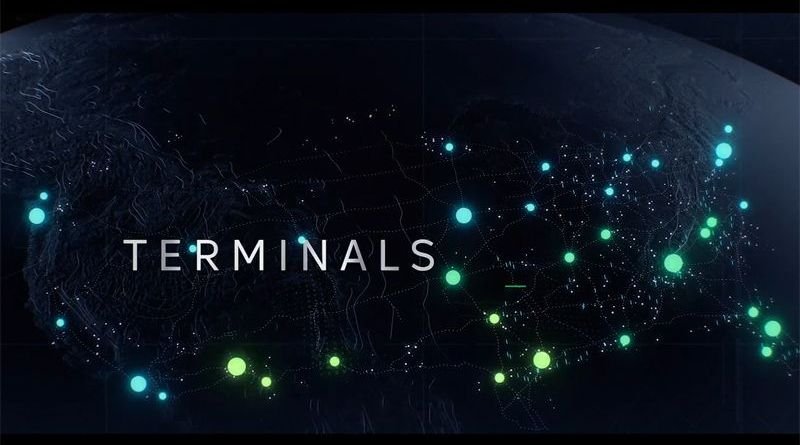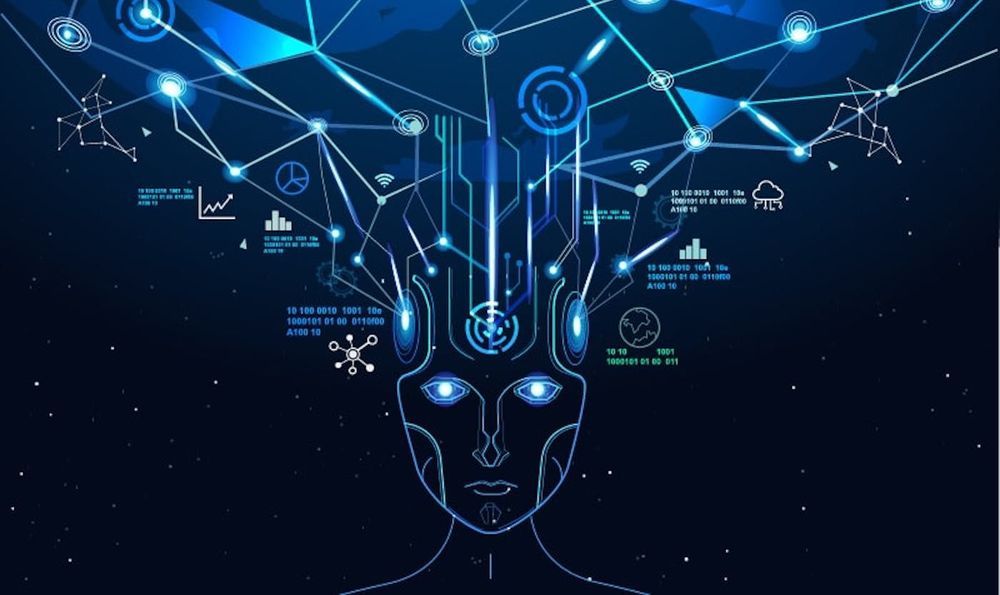China announced in 2017 its ambition to become the world leader in artificial intelligence (AI) by 2030. While the US still leads in absolute terms, China appears to be making more rapid progress than either the US or the EU, and central and local government spending on AI in China is estimated to be in the tens of billions of dollars.
The move has led — at least in the West — to warnings of a global AI arms race and concerns about the growing reach of China’s authoritarian surveillance state. But treating China as a “villain” in this way is both overly simplistic and potentially costly. While there are undoubtedly aspects of the Chinese government’s approach to AI that are highly concerning and rightly should be condemned, it’s important that this does not cloud all analysis of China’s AI innovation.
The world needs to engage seriously with China’s AI development and take a closer look at what’s really going on. The story is complex and it’s important to highlight where China is making promising advances in useful AI applications and to challenge common misconceptions, as well as to caution against problematic uses.







